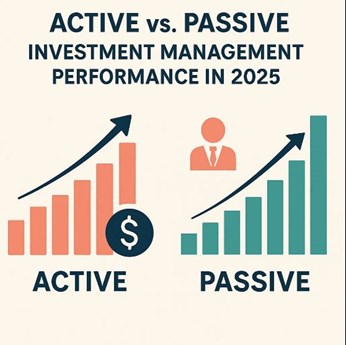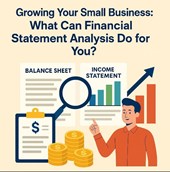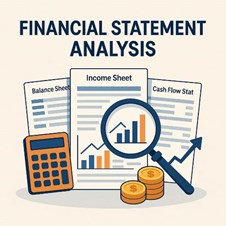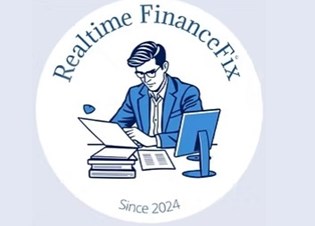Active vs Passive Investment Management Performance in 2025: Key Insights and Trends

Active vs Passive Investment Management Performance in 2025: Key Insights and Trends
Understanding the performance differences between active and passive investment management in 2025 is crucial for investors seeking to optimise their portfolios. Both strategies have distinct objectives, risk profiles, and cost implications, which have become especially relevant in the dynamic financial environment of 2025.
What is Active Investment Management?
Active investment management involves professional fund managers making strategic decisions to outperform the market. Managers buy and sell securities based on research, market analysis, and economic forecasts. The goal is to beat the benchmark index by leveraging market inefficiencies.
What is Passive Investment Management?
In contrast, passive management aims to replicate the performance of a specific market index, such as the S&P 500, with minimal buying and selling. It emphasises low costs, diversification, and long-term growth aligned with overall market returns.
Performance in 2025: How Do They Compare?
Recent data from 2025 highlight the evolving landscape of active versus passive management. Reports show that during market volatility, particularly throughout 2025, passive funds generally outperformed active funds across many asset classes. For instance, in a challenging environment characterised by geopolitical risks, inflation concerns, and market fluctuations, passive funds demonstrated more resilience and consistent returns.
Morningstar’s analysis of 2025 data reveals that only about 33% of active funds managed to outperform their passive counterparts over the past 12 months. Longer-term performance, such as over five to ten years, shows a similar trend, with passive funds often matching or exceeding the returns of actively managed funds while incurring lower fees.
Why Are Passive Funds Outperforming in 2025?
Several factors contribute to the dominance of passive funds in 2025:
- Lower Costs: Passive funds typically have lower expense ratios, which means more of your money stays invested.
- Market Efficiency: In many sectors, markets are more efficient, making it difficult for active managers to generate alpha consistently.
- Market Volatility: During turbulent times, active managers often struggle to outperform benchmarks due to poor timing or incorrect market assessments.
- Cost of Active Management: The high management fees associated with active funds can erode returns, especially when they fail to outperform benchmarks.
- The Pros and Cons of Both Strategies
Active Management Pros:
- Potential for higher returns, especially in niche or less efficient markets.
- Flexibility to adapt to market conditions and seize opportunities.
- Ability to manage risk actively during downturns.
Active Management Cons:
- Higher fees and expenses want to diminish net returns.
- Performance heavily depends on the skill of the fund manager.
- Greater risk of underperforming benchmarks.
Passive Management Pros:
- Lower costs result in better after-expense returns.
- Transparent and simple strategy aligned with overall market growth.
- Less management effort and monitoring are required.
Passive Management Cons:
- Limited potential to outperform the market.
- Vulnerable to market downturns without active risk mitigation.
- Less flexibility to adapt to changing market conditions.
Which Strategy Fits Your Goals in 2025?
The choice between active and passive management depends on your financial goals, risk appetite, and investment horizon. In 2025, the clear trend shows passive funds often delivering more consistent performance, especially during volatile periods. However, active management can still be beneficial in certain niche sectors or for investors seeking higher control over their investments.
Final Thoughts
For investors in Duluth, GA, seeking expert guidance on active vs passive investment management performance in 2025, Vela Life Plan offers tailored advice and investment solutions. Whether you prefer a cost-effective passive approach or active strategies designed for aggressive growth, our professionals can help you craft a balanced investment portfolio aligned with your future goals.
Searching for Financial & Taxation Services? Let’s make your search simple with professionals!
Take your Financial & Taxation Services to the next level with Sulekha. Boost your online visibility, connect with more clients, and grow effortlessly!
Blogs Related to Financial & Taxation Services

How Will Your New Business Affect Your Income Tax Preparation?
How Will Your New Business Affect Your Income Tax Preparation? Starting a new business is an exciting step, but it brings new responsibilities—especially when it comes to income tax preparation. Whether you’re launching a sole proprietorship, partne

Starting a Business on a Budget? Which Incorporation Service is the Most Affordable?
Starting a Business on a Budget? Which Incorporation Service is the Most Affordable? Launching a business is an exciting journey, but for many entrepreneurs, budget constraints are a significant concern. Incorporation is a vital step that formalises

What is the Best Way to Get IRS Representation for Small Business Payroll Tax Issues?
What is the Best Way to Get IRS Representation for Small Business Payroll Tax Issues? Small businesses often face complex challenges when dealing with payroll tax issues. Whether it's unpaid payroll taxes, penalties, or audits, resolving these matte

Growing Your Small Business: What Can Financial Statement Analysis Do for You?
Growing Your Small Business: What Can Financial Statement Analysis Do for You? For small business owners, every financial decision matters. One of the most powerful tools at your disposal is financial statement analysis, a process that goes beyond s

What is Financial Statement Analysis, and Why Does It Matter for Your Portfolio?
What is Financial Statement Analysis, and Why Does It Matter for Your Portfolio? Financial statement analysis

How to Improve Business Cash Flow Quickly?
How to Improve Business Cash Flow Quickly? Maintaining a healthy cash flow is vital for the survival and growth of any business. When cash flow falters, it can threaten operations, delay payments, and hinder expansion. Fortunately, there are proven




